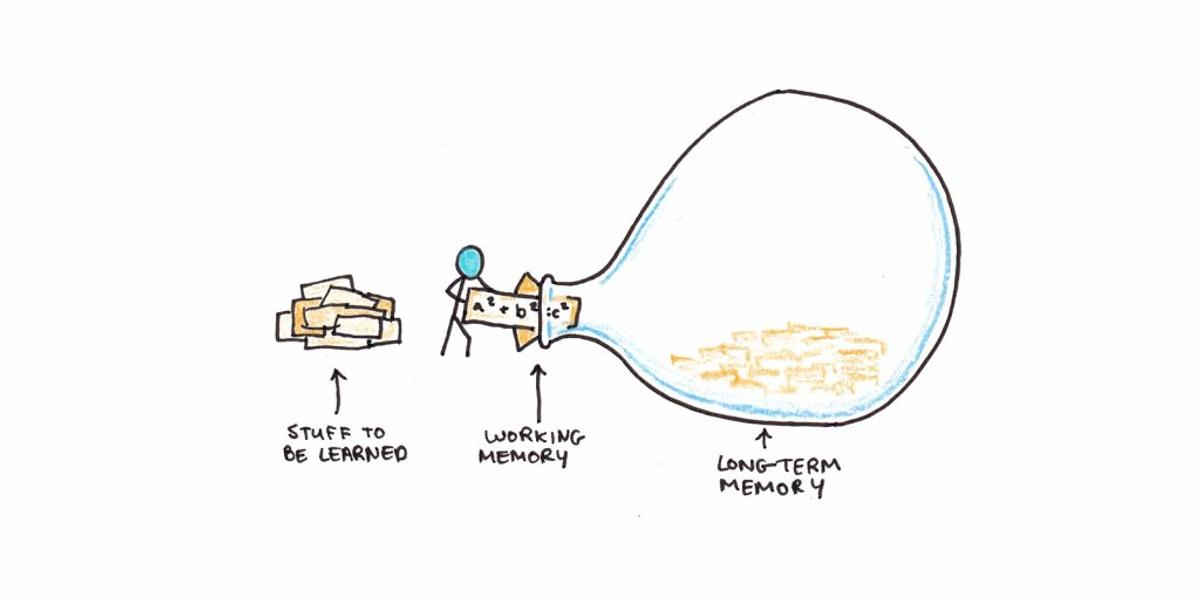Faith Life & Learning and Teaching News
Curriculum Updates in English, Mathematics, Faith, Discovery & Inquiry

Faith Life & Learning and Teaching News
Curriculum Updates in English, Mathematics, Faith, Discovery & Inquiry
We pray for our Year 6 students who are in preparation for their Confirmation.


Heavenly Father, God of power and of love.
We pray for all the children who are preparing for the Sacrament of Confirmation.
May your Holy Spirit help them to grow in faith, hope and love and
may they come to know you as the one true God who loves them without limit.
May their hearts welcome you gladly;
May their ears hear your voice in the scriptures;
May their eyes see you in all things;
And may they proclaim your glory
as they walk in the ways of Jesus Christ, our Lord and Saviour.
Amen.


An area that we have been discussing during collaborative planning and developing our professional knowledge around is cognitive load theory. Cognitive load theory is a framework that helps us understand how the brain processes information when learning new things. It’s a bit like how a computer processes data – the brain has limits on how much information it can handle at once.
Cognitive load is the amount of mental effort or "work" required to process information. Just like lifting heavy weights can be physically taxing, processing complex information can be mentally taxing. When children are presented with too much new information at once, it can overwhelm their working memory and hinder learning. Similarly, overly complex tasks can also increase cognitive load and make learning more difficult.
In response to this, we have been targeting the designing of lessons to reduce cognitive load demands by ensuring that we incorporate the following strategies to facilitate learning:
Understanding cognitive load theory can help to support your children's learning more effectively. By being aware of the factors that influence cognitive load, we can provide a supportive learning environment that promotes engagement, understanding, and academic success.
Sue Burke
English Leader
sburke@shnewport.catholic.edu.au